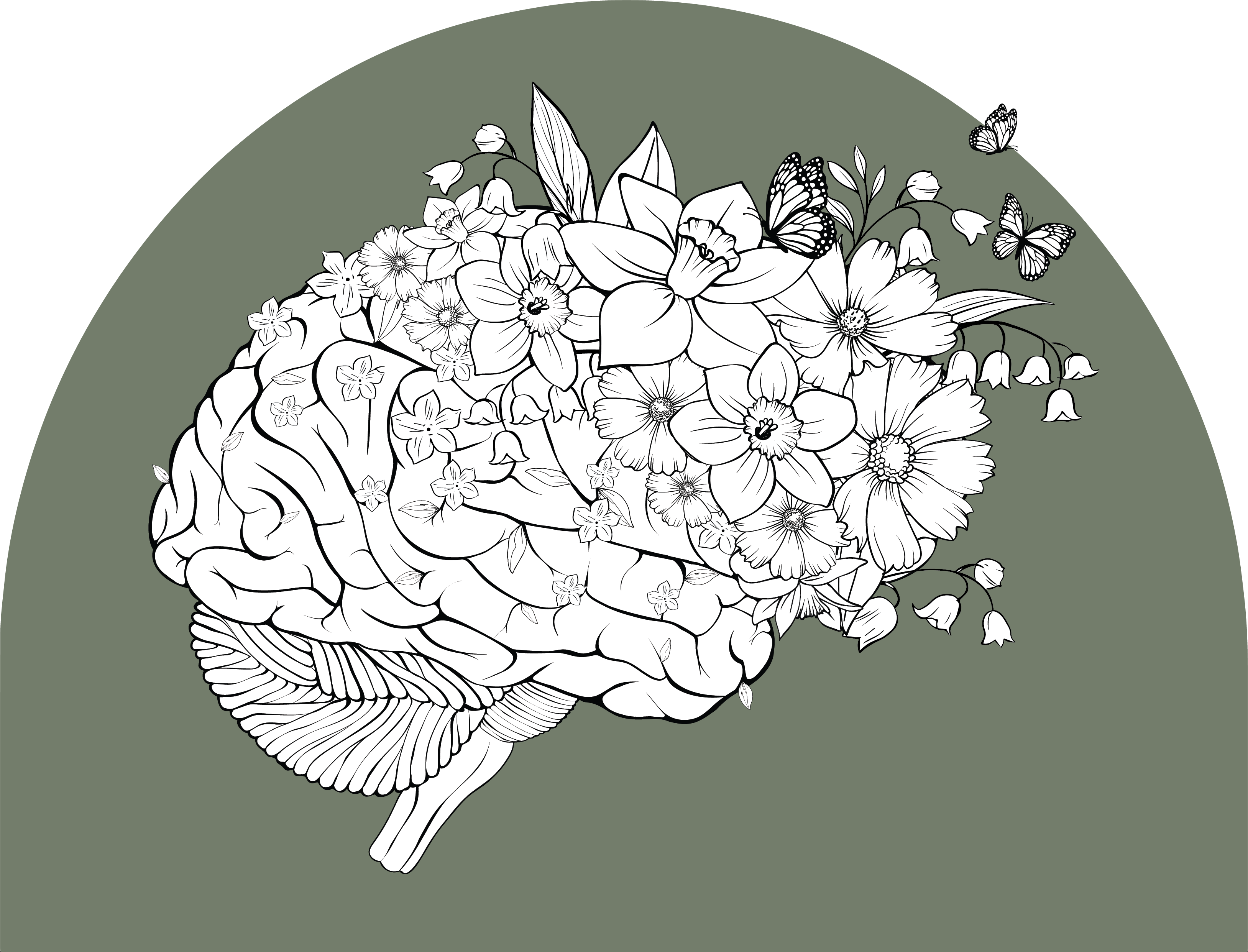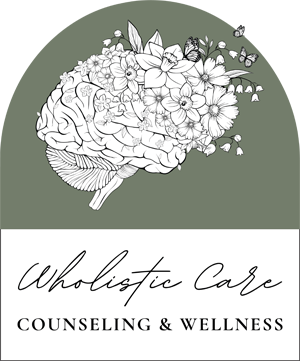Brain Vs Mental Health
In the fast-paced world we live in, taking care of our mental and brain health has become more crucial than ever. While the terms "brain health" and "mental health" are often used interchangeably, they refer to distinct aspects of our well-being. Understanding the differences between them is essential, especially when it comes to therapy and enhancing overall quality of life.

Introduction
Definition of Brain Health and Mental Health
At the core, brain health relates to the optimal functioning of the brain, encompassing cognitive abilities, neuroplasticity, and overall neurological well-being. On the other hand, mental health revolves around emotional well-being, psychological resilience, and maintaining a healthy state of mind.
Significance of Brain and Mental Health
Both brain and mental health play pivotal roles in our daily lives, influencing how we think, feel, and behave. A harmonious balance between these aspects is crucial for leading a fulfilling and productive life.
Understanding Brain Health
Components of Brain Health
Cognitive Function
Brain health involves maintaining cognitive functions such as memory, attention, and problem-solving skills. Therapies aimed at enhancing cognitive function contribute to overall well-being.
Neuroplasticity
The brain's ability to adapt and reorganize itself, known as neuroplasticity, is a key element of brain health. Therapeutic interventions can promote neuroplasticity, fostering resilience and adaptability.
Importance of Brain Health in Therapy
Therapies focusing on brain health aim to optimize cognitive performance and neurological function. These interventions can range from cognitive behavioral therapy to specific exercises promoting neuroplasticity.
Delving into Mental Health
Components of Mental Health
Emotional Well-being
Mental health emphasizes emotional well-being, addressing issues such as stress, anxiety, and depression. Therapies for mental health aim to enhance emotional resilience and foster positive psychological states.
Psychological Resilience
Building psychological resilience is a core component of mental health therapy, helping individuals navigate challenges and setbacks. Therapists employ various techniques to strengthen mental resilience.
The Role of Mental Health in Therapy
Therapies for mental health focus on addressing emotional and psychological challenges, promoting self-awareness, and developing coping strategies. Psychotherapy and counseling are common modalities used in this context.
Bridging the Gap
Overlapping Aspects of Brain and Mental Health
While brain and mental health are distinct, they share overlapping aspects. Cognitive functions influenced by brain health also impact emotional and psychological well-being.
How Therapies Address Both
Effective therapeutic approaches consider the interconnectedness of brain and mental health, utilizing interventions that cater to both cognitive and emotional aspects.
Common Misconceptions
Differentiating Brain and Mental Health
Misconceptions often arise due to the overlapping nature of these terms. Clarifying the distinctions is essential to provide accurate information and guide appropriate therapeutic interventions.
Challenges in Perception
Societal perceptions of brain and mental health can pose challenges. Addressing misconceptions is vital for creating a supportive environment for those seeking therapy.
Choosing the Right Approach
Tailoring Therapy to Individual Needs
Individuals benefit from personalized therapeutic approaches that address their unique combination of brain and mental health needs. A one-size-fits-all approach may not yield optimal results.
Holistic Approaches for Comprehensive Well-being
Holistic therapeutic approaches that consider both brain and mental health contribute to comprehensive well-being. Integrating diverse techniques ensures a more thorough and effective treatment.
Impact of Lifestyle on Brain and Mental Health
Nutrition and its Influence
Nutrition plays a crucial role in supporting both brain and mental health. Therapeutic interventions often include dietary recommendations to enhance cognitive and emotional well-being.
Exercise for Cognitive Enhancement
Regular physical activity has been linked to cognitive enhancement and improved mental health. Therapeutic approaches may incorporate exercise regimens tailored to individual needs.
Therapeutic Techniques for Brain Health
Cognitive Behavioral Therapy
Cognitive-behavioral therapy (CBT) is a widely used approach targeting thoughts, feelings, and behaviors. It proves effective in addressing cognitive aspects of brain health.
Mindfulness and Meditation
Mindfulness and meditation practices promote neuroplasticity, contributing to improved brain health. Therapies incorporating these techniques offer holistic benefits.
Therapeutic Techniques for Mental Health
Personalized Approaches in Therapy
Recognizing the individuality of each person's mental and brain health journey is paramount. Therapy should be tailored to address unique challenges and strengths, acknowledging that one size does not fit all in the realm of well-being.
Maintaining Overall Well-being
The key to holistic health lies in striking a balance between mental and brain health. A comprehensive approach that considers both emotional and cognitive aspects is essential for achieving and maintaining overall well-being.
Future Trends in Therapy
As we navigate the future, therapy trends are evolving. Incorporating technology and innovative approaches is becoming increasingly common. Virtual therapy, AI-driven interventions, and personalized treatment plans are shaping the landscape of mental and brain health therapy.
Conclusion
In conclusion, understanding the difference between "Brain Health" and "Mental Health" in terms of therapy requires a nuanced exploration of emotional, psychological, and physical well-being. While mental health focuses on the intricate dance of our emotions, brain health ensures the stage is set for optimal cognitive performance. A holistic approach that considers both aspects is essential for fostering a state of well-being that is truly comprehensive.
If you found this exploration valuable, please share your thoughts and experiences. Your journey is unique, and recognizing the importance of both mental and brain health is a significant step towards a healthier, happier you.





